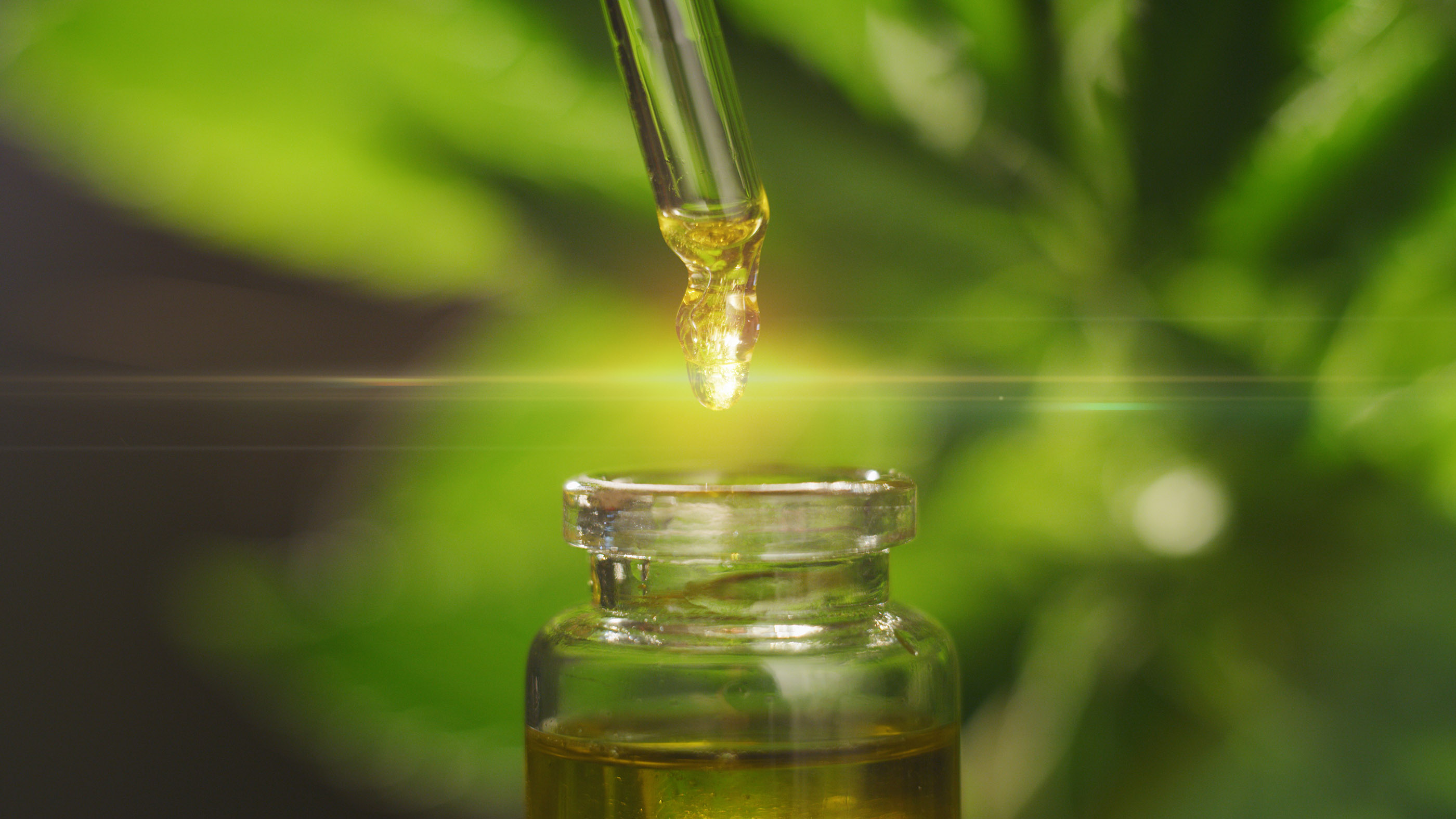BD has been conquering the world over the last few years!
In industry,
industrial hemp has been used for textiles, fibbers, food and cosmetics for
centuries. However, CBD, made from industrial hemp, was not legalized in most
European countries until 2016.
First discovered and
extracted by a team of researchers in Chicago in 1940, science has long ignored
this substance as THC has become more and more the focus of studies. Only in
1973 the effect of CBD could be proven, and the first CBD drops were developed.
The rest is history! The
interest of scientists has been aroused more and more, and to this day, not all
properties of CBD are known or sufficiently researched. So, with the best Justbob
CBD extracts now available online legally in the UK and Europe,
you can be curious about what insights are still waiting for you.
European laws about CBD: what is
allowed and what is not
In Europe, the use and
purchase of CBD products with a maximum THC content of 0.2% are legal. But what
about other countries?
CBD is allowed in the UK and
most other EU countries. The general EU recommendation states that only
industrial hemp with a THC content of less than 0.2% may be used to produce CBD
products. Attention, the guideline value used for CBD products is significantly
lower! However, some countries do not comply with this, such as Austria, with a
0.3% limit.
Others do not allow THC at
all in cannabidiol products. In addition, CBD oil cannot be registered as a
dietary supplement in Europe.
In Asia, Africa and South
America, however, the legality of CBD is somewhat different. Therefore, before
you travel with your CBD oil, it is best to find out precisely whether it is
allowed at your holiday destination.
Let's look at Eastern European countries and understand what the law says about CBD …
The Czech Republic and CBD
Cannabis plants with a THC
content of no more than 0.3% of the dry weight can be cultivated in the Czech
Republic. Even individuals can cultivate them.
However, the cultivation
area may only be 100 m². It doesn't even require a permit. However, extracts
and tinctures from hemp are classified as narcotics in the Czech Republic.
However, pure CBD oil, i.e., without any THC, is available in the Czech
Republic. Therefore, the sale of these products is tolerated in the country.
CBD in Hungary
Hemp containing less than
0.2% THC is legal in the country. However, there were no laws until recently
when it comes to selling CBD.
Accordingly, CBD products
were, of course, manufactured and sold in various ways. Now manufacturers of
CBD products must first report them to the National Institute of Pharmacy and Nutrition,
OGYÉI for short.
There it is decided whether they are allowed or forbidden. However, the stores do not necessarily wait for the approval and sell the products beforehand.
CBD in Ukraine
The sale, marketing and use of CBD products are allowed in Ukraine if they are low in THC. However, the country does not name a specific limit value, but it can be assumed that a limit of 0.2% must be observed here as well.
Serbia and CBD
Hemp produced in Serbia has
a THC content of less than 0.2%. CBD is sold there. However, since there is no
regulatory framework for cannabinoids, the safety of CBD products may be
compromised.
The Government Commission on Psychoactive Narcotics proposed in mid-2019 to ban the cultivation, import and export of hemp used for CBD production. Only licensed pharmaceutical companies that conduct scientific research and produce a prescription epilepsy drug based on CBD would receive approval. However, this proposal has not been adopted to date.
Slovenia and CBD
Industrial hemp can be grown
legally in Slovenia, and the extraction of derivatives from the plant is also
permitted.
However, the THC content of
the plant must be less than 0.3% of the dry weight. With CBD oil, the limit is
less than 0.2%.
Buying CBD in Ireland is legal
It is also straightforward with some of e best online CBD stores available, such as Justbob.shop, bringing the best European CBD products to Irish customers.
In conclusion, as we have explained in this article, the sale of CBD products is legal in an increasing number of countries as long as the regulations are respected. First and foremost is the regulation that the percentage of THC, if present, must be 0.2% or less.










